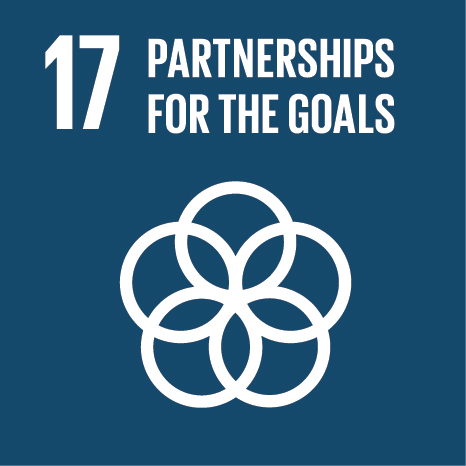Ciência_Iscte
Publications
Publication Detailed Description
Genetic structure and resistance to pyrethroids in Aedes aegypti populations in French Guiana: Preliminary results and perspectives
Journal/Book/Other Title
Abstract Book of Amazonian Conference on Emerging and Infectious Diseases (ACEID), p. 42. STRONGER Project, Cayenne, French Guiana
Year (definitive publication)
2014
Language
English
Country
French Guiana
More Information
Web of Science®
This publication is not indexed in Web of Science®
Scopus
This publication is not indexed in Scopus
Google Scholar
This publication is not indexed in Overton
Abstract
ackground: Aedes aegypti is vector of dengue and chikungunya viruses in French Guiana. A strong pyrethroid resistance has posed questions on the impact of vector control and resistance management. A prerequisite to improve those strategies is the investigation on population dynamics and factors which influence it. Therefore, we have implemented a population genetic study associated with deltamethrin resistance monitoring to provide further knowledge on these questions. Material and Methods: Two sites of 1 km² in Saint-Georges de l’Oyapock (SGO) and Cayenne (CAY) were prospected for mosquito immature stages in December 2013. F0 females were genotyped for 13 microsatellites and for the knockdown resistance associated mutation V1016I. Genetic diversity and differentiation indices were obtained in Arlequin software. Genetic structure among samples was tested in the program STRUCTURE. Evolutionary scenario probabilities and estimates were computed in DIY-ABC. Results: We detected the presence of two populations (k=2) congruent with each locality, with low but significant differentiation levels. Both populations exhibited similar effective population sizes and overall diversity. However, different evolutionary scenarios were obtained for each population. The V1016I kdr mutation is almost fixed in CAY population while SGO exhibited a larger proportion of heterozygotes. Conclusion: Genetic differentiation between the two populations suggests barriers to gene flow that may limit the exchange of resistance alleles. Therefore, the expansion of insecticide resistance in each population may also be due to local selective pressure. Additional spatial and temporal investigations are being conducted to confirm this hypothesis.
Acknowledgements
--
Keywords
Fields of Science and Technology Classification
- Biological Sciences - Natural Sciences
- Other Medical Sciences - Medical and Health Sciences
Contributions to the Sustainable Development Goals of the United Nations
With the objective to increase the research activity directed towards the achievement of the United Nations 2030 Sustainable Development Goals, the possibility of associating scientific publications with the Sustainable Development Goals is now available in Ciência_Iscte. These are the Sustainable Development Goals identified by the author(s) for this publication. For more detailed information on the Sustainable Development Goals, click here.

 Português
Português



